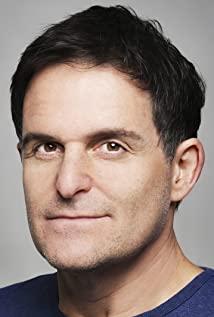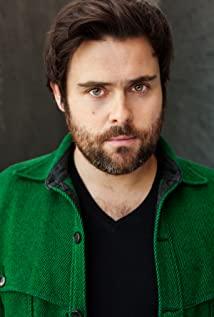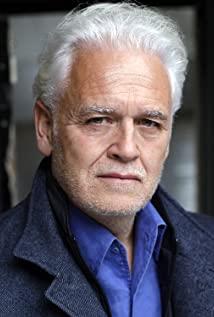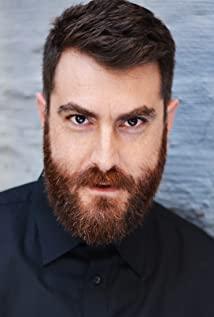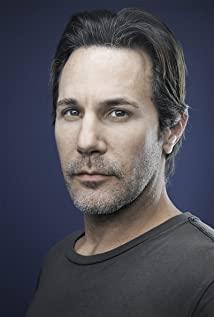Some time ago, the withdrawal of US troops from Afghanistan caused an uproar in the international arena.
U.S. President Joe Biden announced that the U.S. military plans to withdraw all troops from Afghanistan by August 31 and complete its combat mission in Iraq by the end of the year.
Biden at least clearly stated that he intends to control the power that the United States had in the era of terrorism, so closing the Guantanamo concentration camp is once again on the agenda.
Guantanamo Bay detention camp is located at the Guantanamo Bay Naval Base in Cuba, surrounded by the sea on three sides. It is a military prison set up by the US military in January 2002.
The Guantanamo Bay Concentration Camp was born out of the United States’ desire for revenge on 9/11. It currently spends about $140 million a year to maintain the open detention facility and assign 1,500 personnel to manage it.
In 2009, the first order issued by former President Barack Obama was to close the facility within a year, and he failed.
Now, twelve years later, his former vice president is accepting the same daunting challenge, requiring the help of Congress and a comprehensive reform of the military committee's procedures.
Biden is the fourth US president to try to shut down Guantanamo.
In January of this year, as Biden was preparing to take office, Amnesty International released a report documenting human rights violations suffered by people detained in concentration camps, including torture, inadequate medical care, and lack of fair trials.
The Geneva Conventions and the International Law of War stipulate that when the conflict ends, prisoners detained because of the conflict must be released and repatriated, unless they are charged with a crime.
The prison guards in Guantanamo are not called prisoners, but detainees. This is because prisoners enjoy the protection of the “Day Law Convention” for violent acts, but detainees are not protected by the law.
A movie released at the beginning of this year reminded us that it is still in operation and holds 40 detainees.
"Prisoner No. 760", also known as "The Mauritanian", tells the story of Mohamedou Ould Slahi (Mohamedou Ould Slahi) being accused and sentenced from 2002 to 2016. The U.S. government detained them as prisoners for 14 years.
The film focuses on Muslims of color, and also incorporates characters that fit the image of a "white savior". The film is based on real people and real events, based on Muhammad Ould Slahi's memoir "The Diary of Guantanamo", which was published in 2015 when the author was still in prison.
In the original book, Slahi recounted a series of shocking abuses. He was restrained, repeatedly interrogated, beaten and humiliated in strange X games with masked guards, and deprived of food, warmth, space, sleep, quiet and his Quran. The guard threatened to detain his mother. He was blindfolded and taken out to sea for a mock execution. All of this is to obtain confessions of contact with the 9/11 attackers who have never existed.
This role is played by Algerian French actor Tahar Rahim. Rahim asked the film team to handcuff him to make his cell as cold as possible: “It’s not cold enough, so I let them give me Spray water". He even suffered waterboarding, "But we have our security code. When I can’t walk, I knock their legs three or four times... But, in my mind, I know that At the end of the day, I will go to my hotel; this is completely different from what Muhammad had experienced."
In the final torture scene, Rahim felt like he had hallucinations. He said: "I almost saw my mother in the cell. I said to the director Kevin:'I can only shoot again. ; Sorry, I can’t do it twice. Then I collapsed.” The actor said, “Usually, it’s harder for me to integrate into my characters than to get rid of them. This time, it took me three weeks to leave Mohamedou. , I can’t explain why.”
This is a shocking movie, but ironically, this is a movie that seems to be composed entirely of good people.
Mohamed Slashi himself is innocent, and Nancy Holland, a lawyer played by Jodie Foster, and her assistant Terry Duncan (played by Shailene Woodley) have bravely contributed Fight to expose Slashi's case.
Another major role is the U.S. military prosecutor Lieutenant Colonel Stu Couch played by Benedict Cumberbatch. He lost a friend in the 9/11 incident. At the beginning he devoted himself to revenge for silence. Hammad, after reading the relevant legal documents, decided to abandon the lawsuit without evidence. The lieutenant colonel himself is indeed a jidu apprentice, and the film also shows this point.
In the end, even the prison guard who held Slashi seemed to have become friends with him and was happy that his appeal was successful.
In the case of good people, why should he be beaten for so long and detained for so long?
"The system is a villain, and we have to face up to the effect the system has on people," said film director Kevin Macdonald. "For many reasons, I want to show the legal aspects of it. First, we all I feel that if the two hours of the movie are all focused on Guantanamo, it will be difficult for the audience to watch; secondly, a major part of Mohamedou’s narration is also what the lawyer did. (This movie) is not the book he wrote...but A story about undermining the rule of law, (and why) will eventually become like this."
Foster agrees: "To me, it's not like a white savior movie," she said. "And I think the filmmakers are very careful about this. This is Mohamedou's story, told from his perspective. Sometimes we deviate from his perspective and give other characters' opinions in documentary ways. But I don't think Nancy. Holland can get the United States out of trouble; Nancy Holland is someone who challenges the system from within, and we are lucky to have her... Nancy is the person who asked Mohamedou to write this book, and finally, this book is him The only reason for being released."
Not only did Cumberbatch act, he was also a co-producer, and he said that this "is exactly the kind of story I want to tell. It illuminates the dark places." Cumberbatch decided to play the role of a man from North Carolina. Stewart Kutcher, conservative jidu, became an immigration judge during the Trump administration.
In addition to the plot where the parties were tortured at Guantanamo, the most depressing thing is the announcement after the film, saying that Mohamedou Slahi was released even after 7 years after the appeal was successful-this is Order of the Obama administration.
At the end of the film, Slashi himself listened happily to Bob Dylan's song "The Man in Me". He didn't seem to be dissatisfied with the US or Mauritanian authorities. He did not take any action, but neither Forgive them explicitly.
None of the characters in the movie are so-called bad guys, which makes the plot seem too gentle and lose a little dramatic tension. The film has a luxurious cast lineup and a shocking original endorsement, but in the end it turns the terrible real life into something plain and formulaic.
Although the finished movie is mediocre, even if it is only a work that reveals the truth, when can we see it on our screen?
Source: Baidu Encyclopedia, Wikipedia, The Guardian
View more about The Mauritanian reviews







